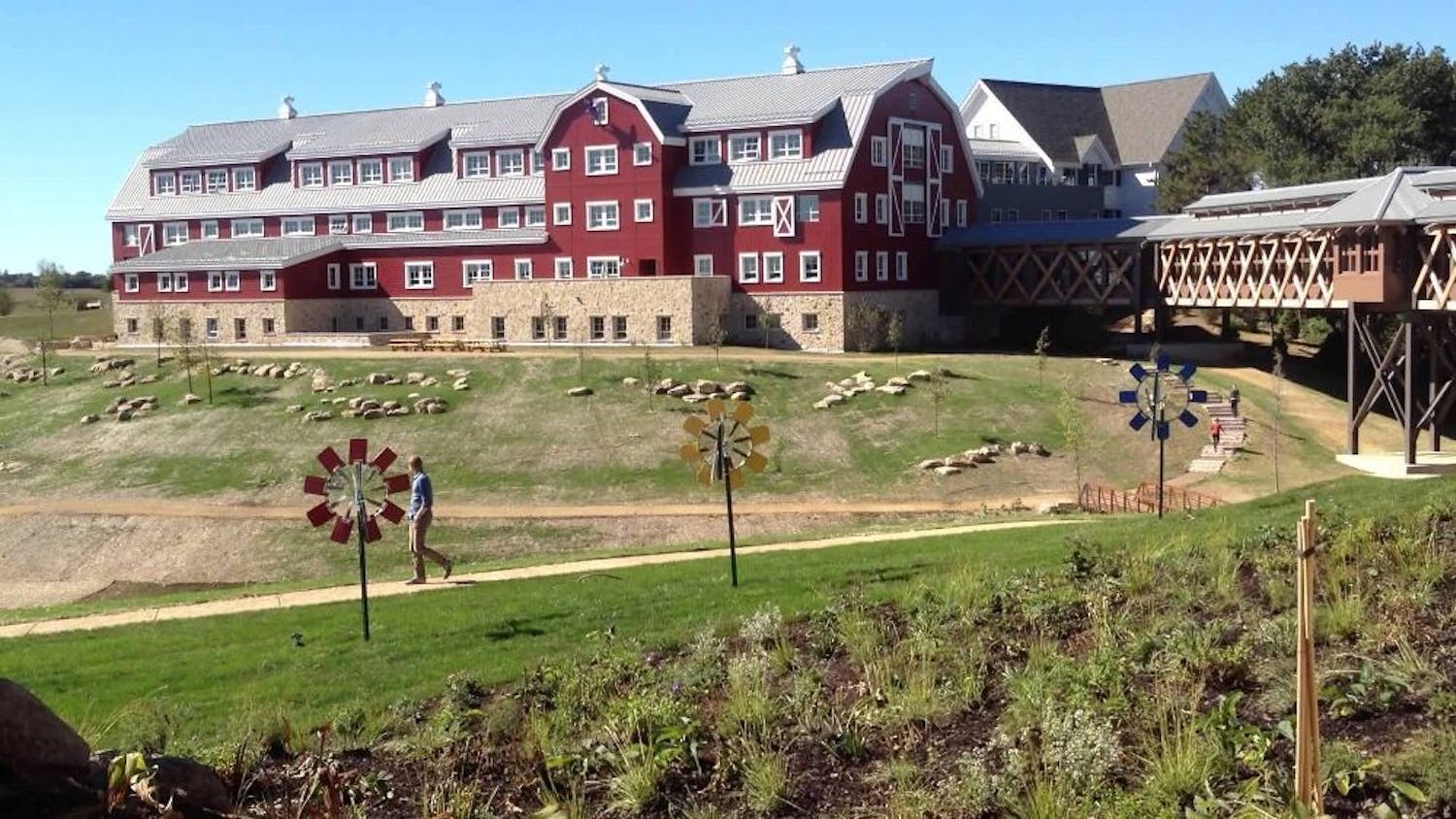The Madison City Plan Commission considered a proposed ordinance Monday night that addressed issues and offered an updated set of guidelines related to Airbnb and tourist rooming house operators in the city.
Officials said the ordinance will prevent operators from exploiting preexisting loopholes and provide operators a more structured way of carrying out their business, according to the Cap Times.
The new ordinance stipulates that all operators of tourist rooming houses will be required to renew a permit from the city annually. In order to obtain a permit, operators must pay a $100 application fee and pay an annual $100 fee to keep it.
“I think we’ve learned in the five, six years we’ve allowed this to occur that we need a more default way to do this,” Madison Zoning Administrator Matt Tucker said to Cap Times. “My office has been doing a lot of that work. We have some blatant non-compliance that is really difficult for us to manage.”
In addition, Airbnb and TRH operators must satisfy a series of requirements to maintain their permit. This includes allowing zoning inspections of their unit, registering for a room tax collection, providing proof of a health license and floor plan, as well as listing the websites and locations where operators will advertise their homes.
Operators must also sign an affidavit that indicates the TRH is their primary residence. This provision will help the city thwart residents who purchase property solely for the purpose of renting homes for profit, despite only being allowed 30 days each calendar year in Madison.
Some TRHs don’t even list a permanent resident, according to Tucker. By instituting the affidavit requirement, disobeying the ordinance will result in criminal punishment.
“If someone falsifies their affidavit, it’s kind of similar to contempt of court because someone falsified a document,” Tucker said. “In Denver, for example, they got rid of most of the people who were [operating a TRH illegally] and had a 15 percent drop in TRH operations.”
Despite the updates to the original ordinance, Airbnb and TRH owners claim some of the proposed requirements would invade the privacy of their guests. If the new ordinance passes, operators stated the city would be able to access personal information, such as their names, email addresses, phone numbers and street addresses.
Peter Daly, a local Airbnb owner, spoke to how lower-income operators may need to rent out their properties as a vital source of additional income.
“This affects people who may want to have a mini-hospitality business just with a spare bedroom or something, and this doesn’t make doing that very easy,” Daly said. “In this area, the whole boom of Airbnb and sharing houses has all gone to the people with fairly decent incomes. We have a lot of people in this town who could use this income to stretch their budget and we’re making this more difficult for them.”
As the proposed ordinance plans to hold operators more accountable, homeowners have also voiced their past displeasure.
Residents living in Madison’s Hill Farms neighborhood wrote to Mayor Satya Rhodes-Conway in July 2019 about alleged significant breaches under the current ordinance and asked for more stringent policies regarding TRH operators.
The letter contained reports a TRH operator hosted guests for more than 30 days — the maximum amount allowed. Guests reportedly trespassed on property, held noisy social gatherings, parked in the wrong spaces and disrupted the daily lives of permanent residents.
“The city is supportive of, recognizes and embraces TRHs,” Tucker said. “But there’s an interest in it being done equally and fairly across the board. Some neighbors don’t want to see neighborhoods become home to de facto hotels and that’s a concern. We do get those complaints and the ordinance won’t allow that.”
The proposed ordinance will be presented to the City Council on Feb. 25. If the council passes the ordinance, it will be instituted on April 15.






